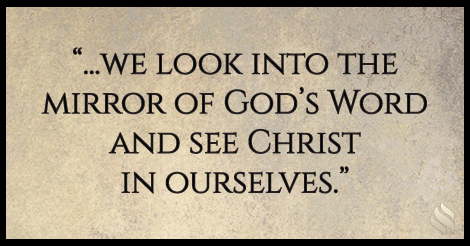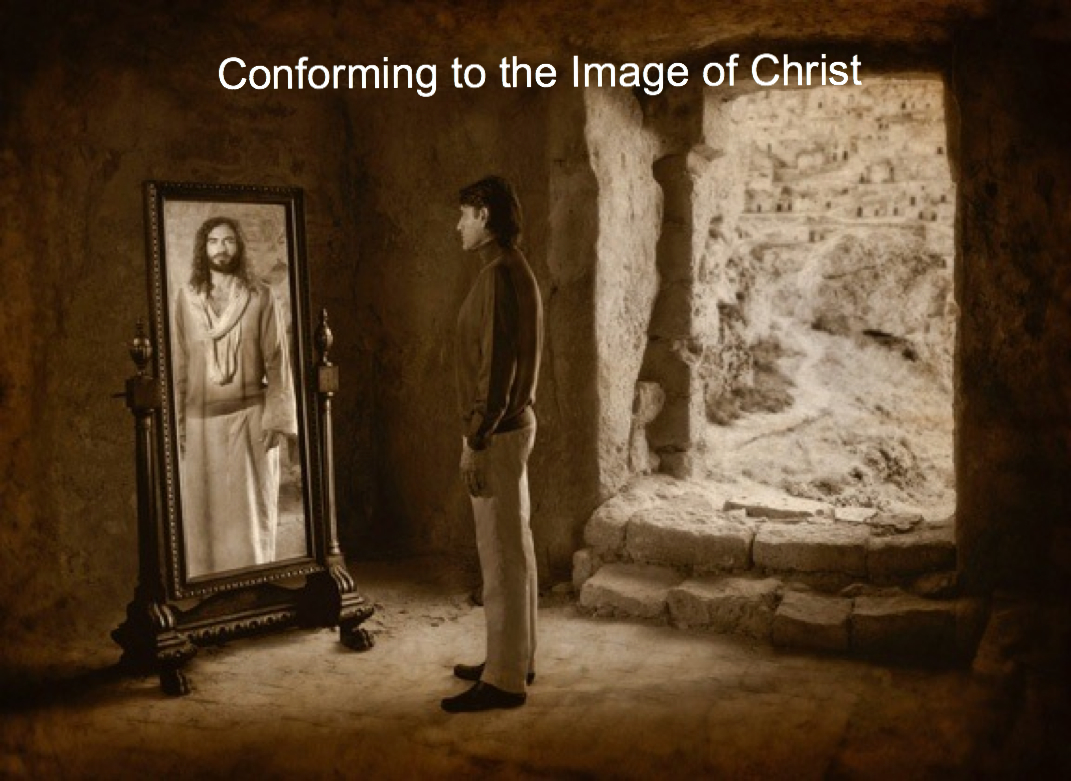(Responding to the original post) Wow this is a subject, I've thought a lot about and was on the verge of doing a You-tube video or two on !
Your Cessionist position is a lot better and more thought out than the one I was given while taking Lutheran Confirmation Class as an adolescent ("that miracles etc. had died out with the apostles"). It reminds me of one that I have heard recently, where it is defined as a person in the bible "wielding their gift" (but not otherwise denying that miracles and so on can happen).
Thank you. Well, I leave room for the possibility that I could be wrong because if I speak against all who do miracles, I could end up speaking against God if I am wrong.
You said:
So far, the biggest weakness in your position is the Bible verse where Jesus promised the disciples "greater works" than him (John 14:12). That can be interpreted in different ways. The disciples were more successful in preaching Jesus (results wise) than Jesus, but as far as their miracles etc. I can't think of anything that would outshine him. That passage especially has implications for today and whenever "the last days are" or will be because the closer we get to the end the more the light will shine.
The greater works is than these is the spiritual works that leads a person to salvation. A person may be physically healed, or they may be fed by a miracle of a bunch of loaves or fish, but if they are still unsaved, they have not been effected by the greatest works (Which is the spiritual works of a person's heart being changed by God).
"Let your light so shine before men, that they may see your good works, and glorify your Father which is in heaven." (Matthew 5:16).
"But he that is greatest among you shall be your servant." (Matthew 23:11).
It is interesting to note that those who sought after the physical bread and fish by way of Christ's miracles did not understand that the best miracle or work was to believe in the Bread of Life (Jesus Christ).
"Jesus answered and said unto them, This is the work of God, that ye believe on him whom he hath sent." (John 6:29).
You said:
So at some point things have to start up again unless if you are a full blown Preterist (and I would be interested in how you interpret "the Two Witnesses").
I am not a Preterist. The two witnesses is clearly Moses and Elijah and they are OT saints and not NT saints (Who were under the commands given to them by Jesus Christ). They were already miracle workers from the OT (followed by an eventual period of time without any major working of miracles being done). These two witnesses appeared at the Mt. of Transfiguration with Jesus and the sons of thunder (Peter, James, and John).
You said:
But I do understand or sympathize with the position. The original apologist I ran across who gave a similar point of view mentioned how healings etc. at Charismatic meetings cannot be done on the spot (like is seen in gospels and book of Acts) but instead must happen after hours of prayer, a worship service and so on. And Well in all the things, I've seen in Charismatic meetings and personal experience that certainly seems the case.
I have not witnessed all Charismatic meetings. But if you were to ever do a search on YouTube for a video called "Kundalini Warning by Andrew Strom" you should by all respects be greatly disturbed by what you see in that video. Those who do not see a problem with the video, I can only pray for them and love them.
There is an online brother of mine who believes he works by miracles, but he disagrees with the Toronto Church movement and other things seen in the video. But my authority is Scripture and not my brother's experiences. I have not seen what he has done and I cannot say if it is by God or not.
You said:
I also believe the
1 Corinthians 13 passage is one that is hard to get around. People like to equate perfection with various things like the Bible etc. but it hard to argue for that (people have had the full NT canon for 1600 years or so and are still messed up). I really believe the right understanding of this passage is in form of the idea of obsolescence. The Gifts are superseded when we do actually enter perfection as far as being in full Communion with God in the afterlife, the world to Come etc. You for example don't need the gift of healing when you have a perfect immortal body and death and entropy etc. have been vanquished. You have no need of prophecy etc. when you can talk to God face to face and so on.
When we compare 1 Corinthians 13 and James 1, we see that there are similarities.
#1.
Perfect is present in both.
"But when that which is perfect is come, then that which is in part shall be done away." (1 Corinthians 13:10).
"But whoso looketh into the perfect law of liberty, and continueth therein, he being not a forgetful hearer, but a doer of the work, this man shall be blessed in his deed." (James 1:25).
#2.
Mirror/Glass is present in both.
"For now we see through a glass, darkly;"
(1 Corinthians 13:12).
23 "For if any be a hearer of the word, and not a doer, he is like unto a man beholding his natural face in a glass:
24 For he beholdeth himself, and goeth his way, and straightway forgetteth what manner of man he was.
25 But whoso looketh into the perfect law of liberty, and continueth therein, he being not a forgetful hearer, but a doer of the work, this man shall be blessed in his deed." (James 1:23-25).
#3.
Looking into a Mirror/Glass is present in both.
"For now we see through a glass, darkly; but then face to face:" (1 Corinthians 13:12).
We see through a glass, but we can see our reflection in this glass and become face to face with ourselves (i.e. the reflection of our face, and our real face).
23 "For if any be a hearer of the word, and not a doer, he is like unto a man beholding his natural face in a glass:
24 For he beholdeth himself, and goeth his way, and straightway forgetteth what manner of man he was.
25 But whoso looketh into the perfect law of liberty, and continueth therein, he being not a forgetful hearer, but a doer of the work, this man shall be blessed in his deed." (James 1:23-25).
#4.
Love is present in both.
"And now abideth faith, hope, charity, these three; but the greatest of these is charity." (1 Corinthians 13:13).
"Blessed is the man that endureth temptation: for when he is tried, he shall receive the crown of life, which the Lord hath promised to them that love him." (James 1:12).
#5. Being immature (a
child, knowing in part, or
forgetful) is present in both.
Children lack knowledge. They know in part.
11 "When I was a child, I spake as a child, I understood as a child, I thought as a child: but when I became a man, I put away childish things.
12 For now we see through a glass, darkly; but then face to face: now I know in part; but then shall I know even as also I am known." (1 Corinthians 13:11-12).
James talks about how one who does not do God's Word is like a person who looks into a mirror and forgets what he looks like. They know in part, too. They may know certain things, but they cannot remember what they look like in the mirror. They are like a child if they do not obey God's Word.
22 "But be ye doers of the word, and not hearers only, deceiving your own selves.
23 For if any be a hearer of the word, and not a doer, he is like unto a man beholding his natural face in a glass:
24 For he beholdeth himself, and goeth his way, and straightway forgetteth what manner of man he was.
25 But whoso looketh into the perfect law of liberty, and continueth therein, he being not a forgetful hearer, but a doer of the work, this man shall be blessed in his deed." (James 1:22-25).
Children can sometimes be forgetful, too.
In addition, we also have to take a step back and remind ourselves that 1 Corinthians 13 is the famous love chapter. How did Jesus say we are to love Him? Jesus says, if you love me, keep my commandments (John 14:15). These commandments are found within His Word. James says,
3 "...the trying of your faith worketh patience.
4 But let patience have her perfect work, that ye may be perfect and entire, wanting nothing." (James 1:3-4).
"But
whoso looketh into the perfect law of liberty,
and continueth therein, he being not a forgetful hearer, but a doer of the work,
this man shall be blessed in his deed." (James 1:25).




